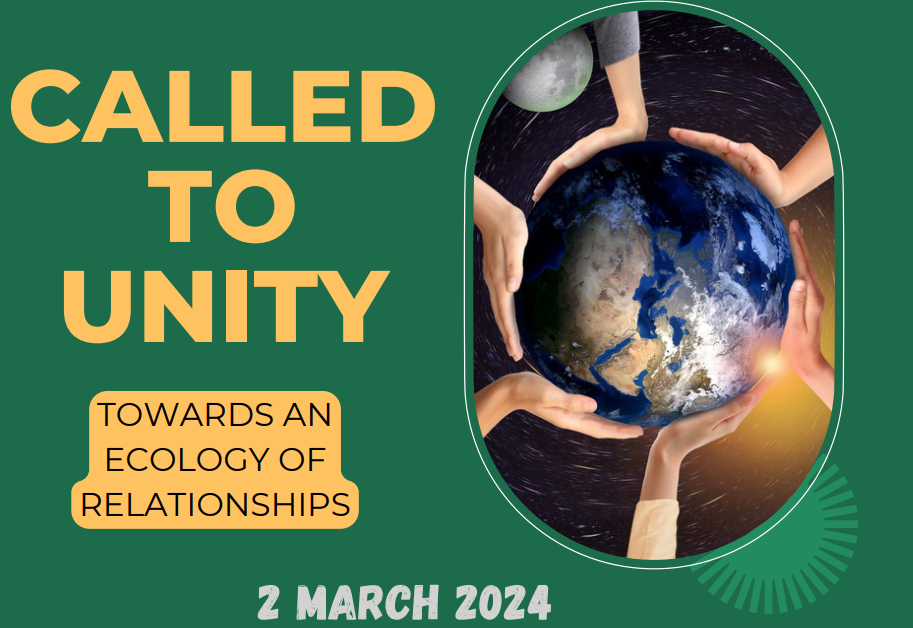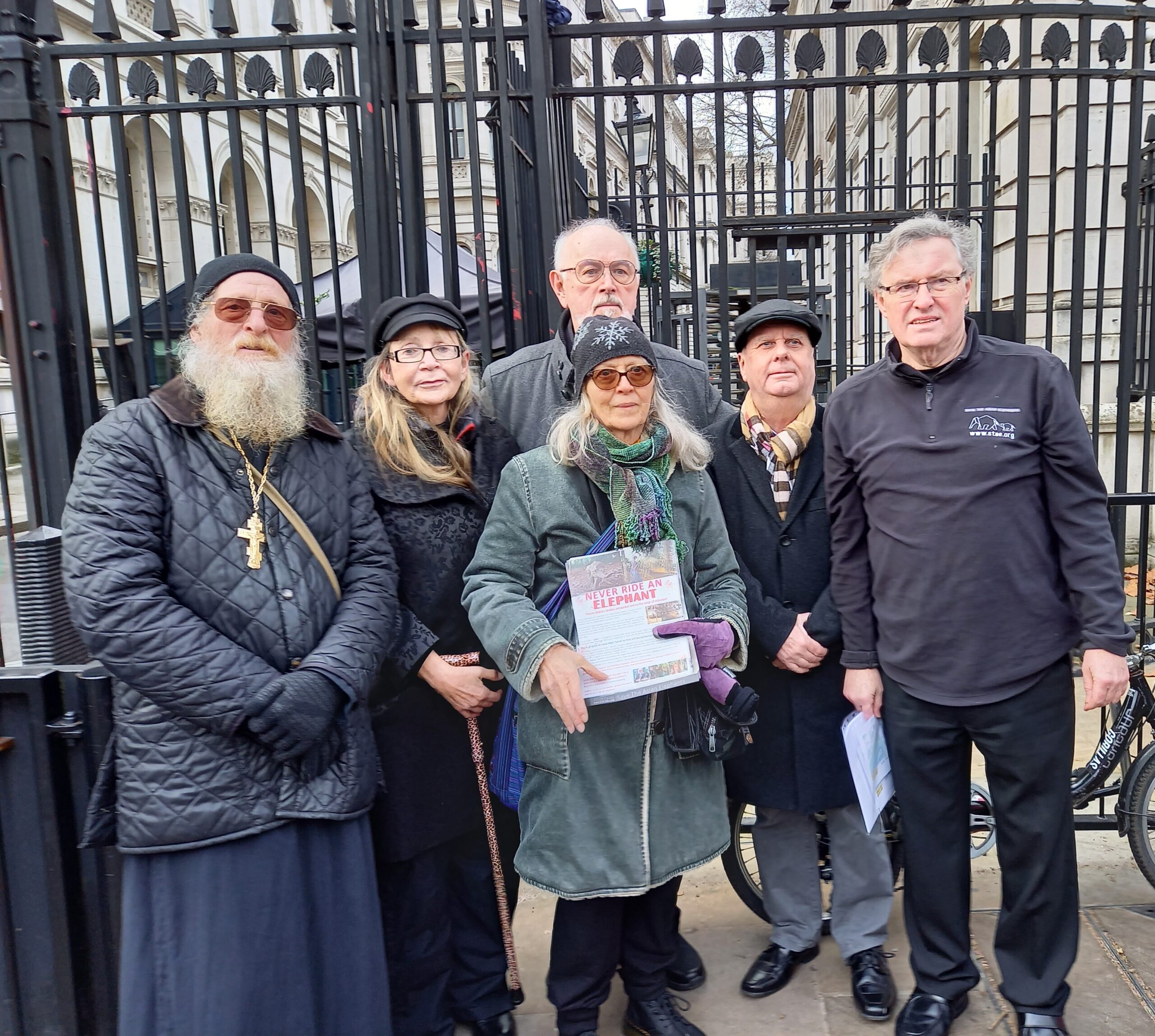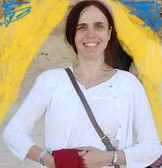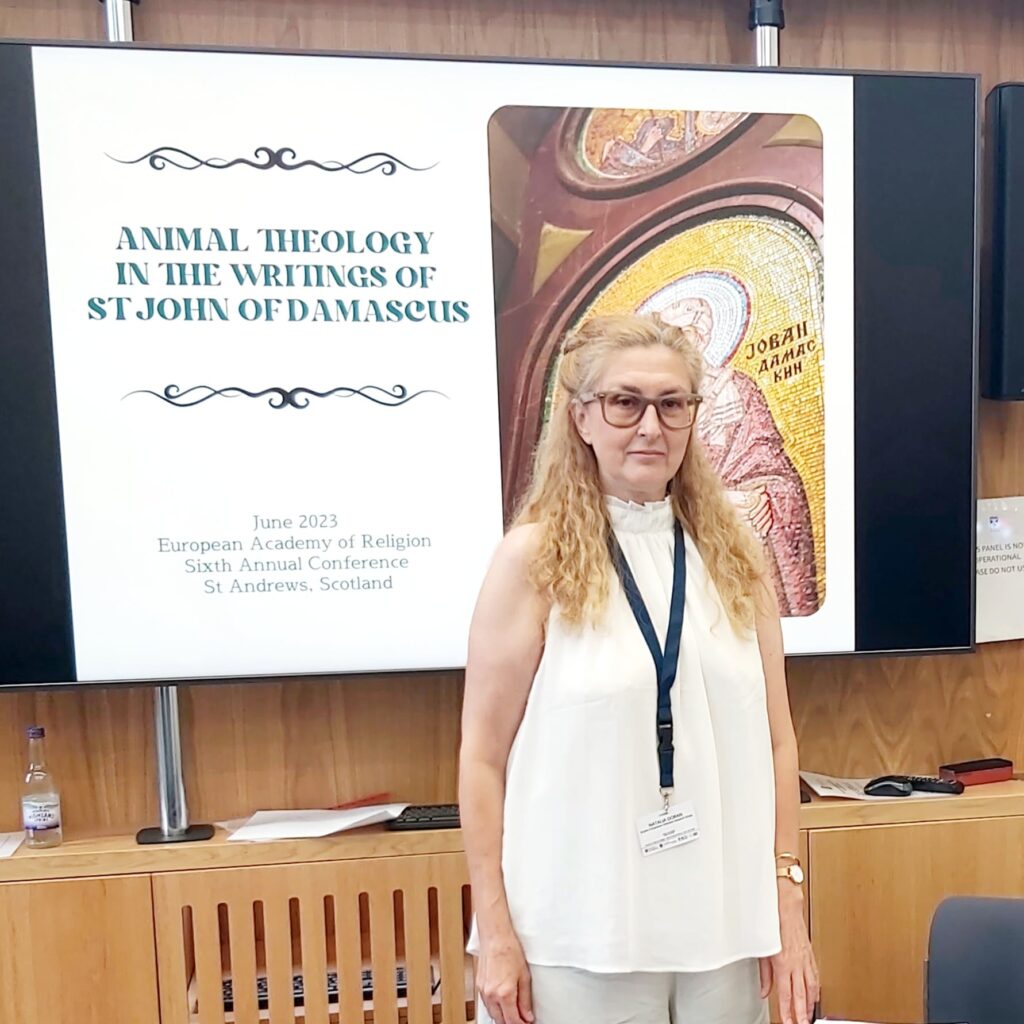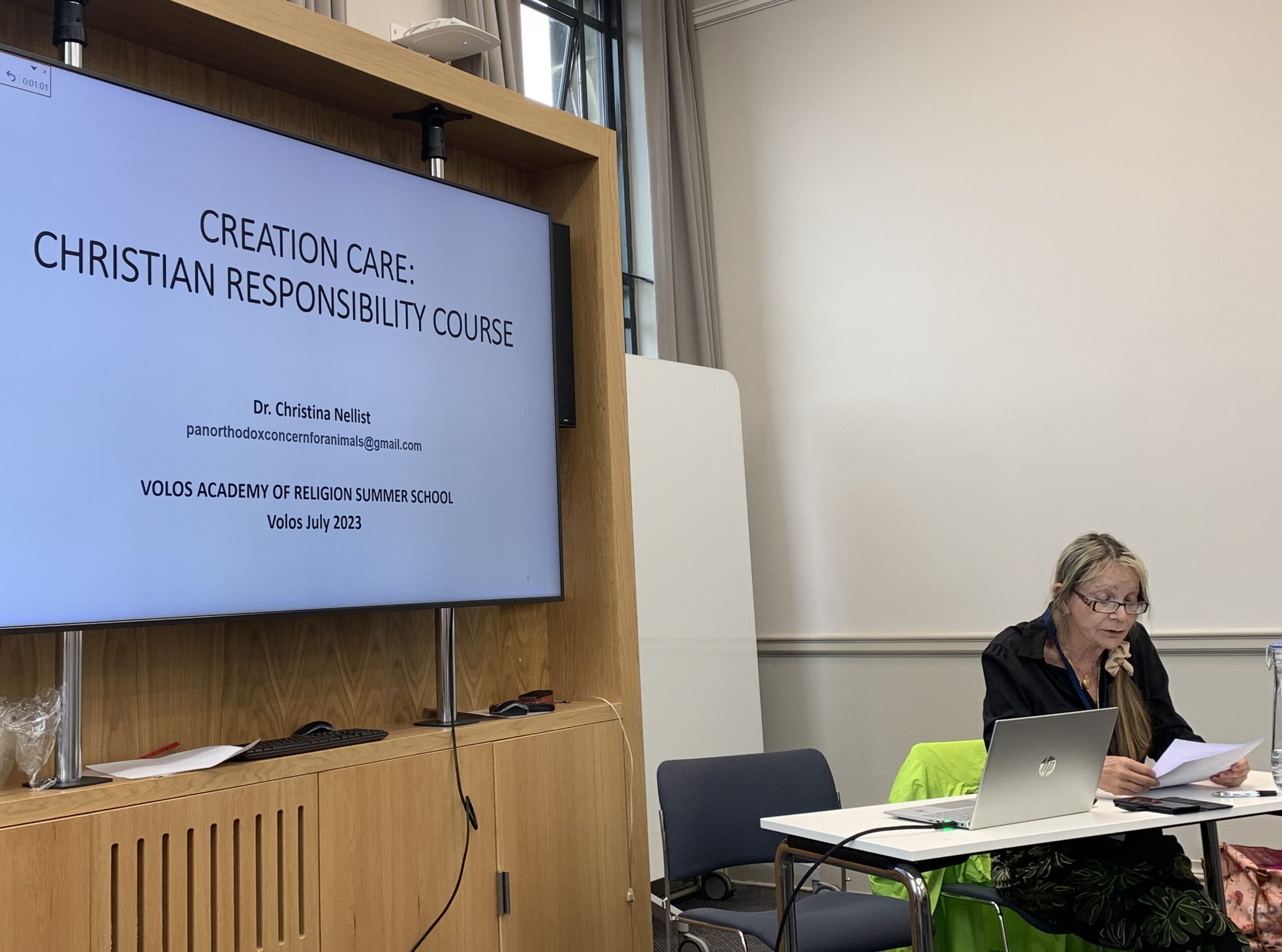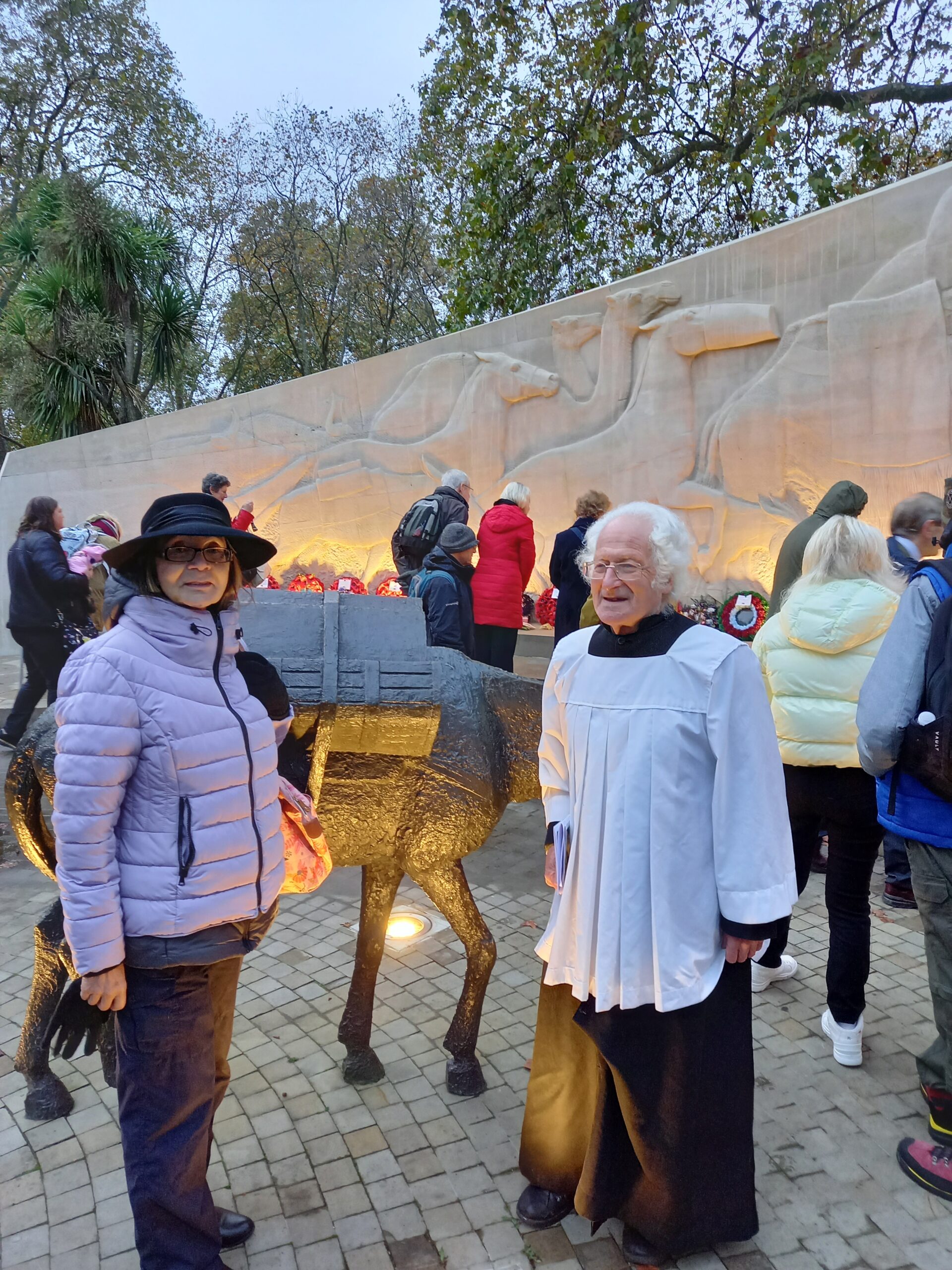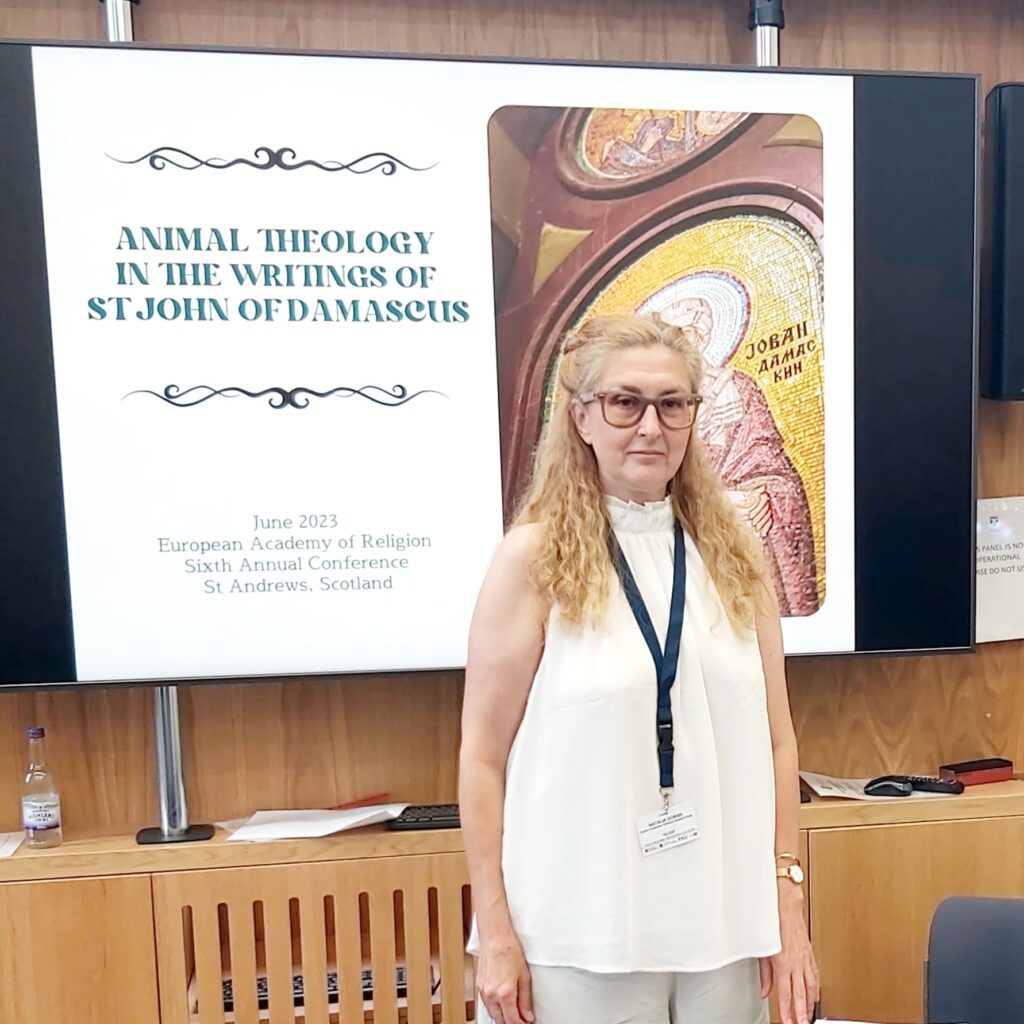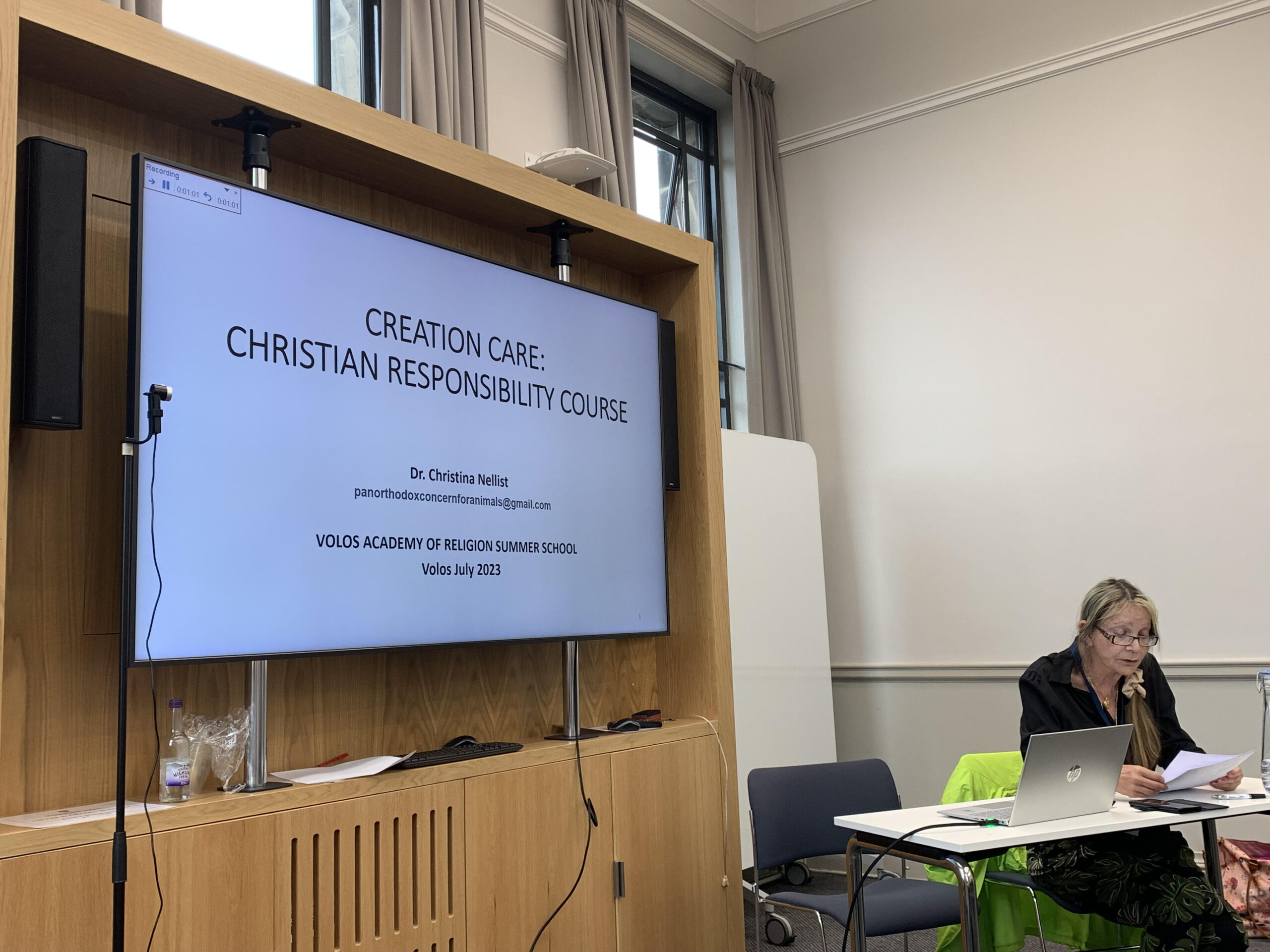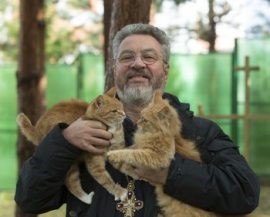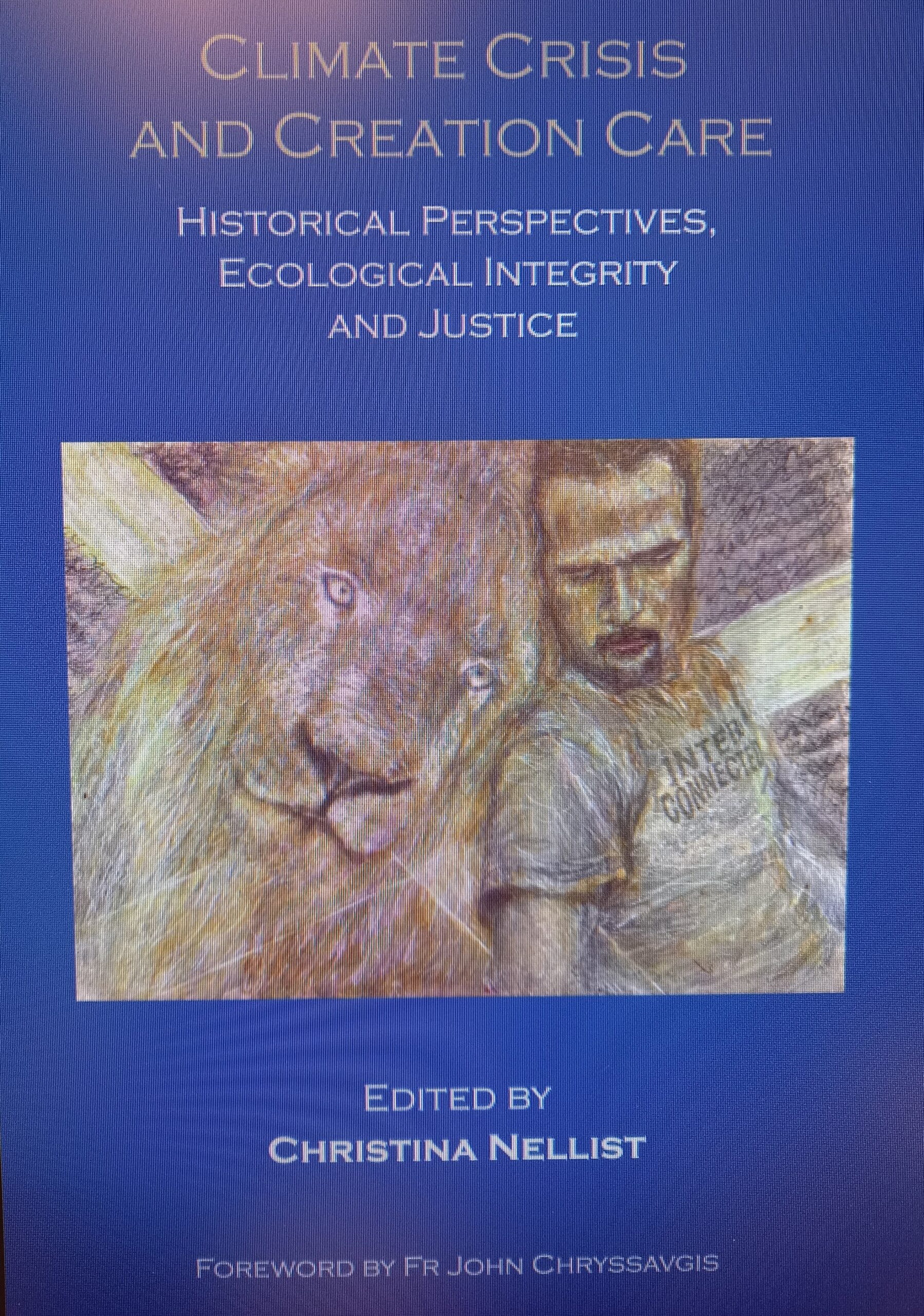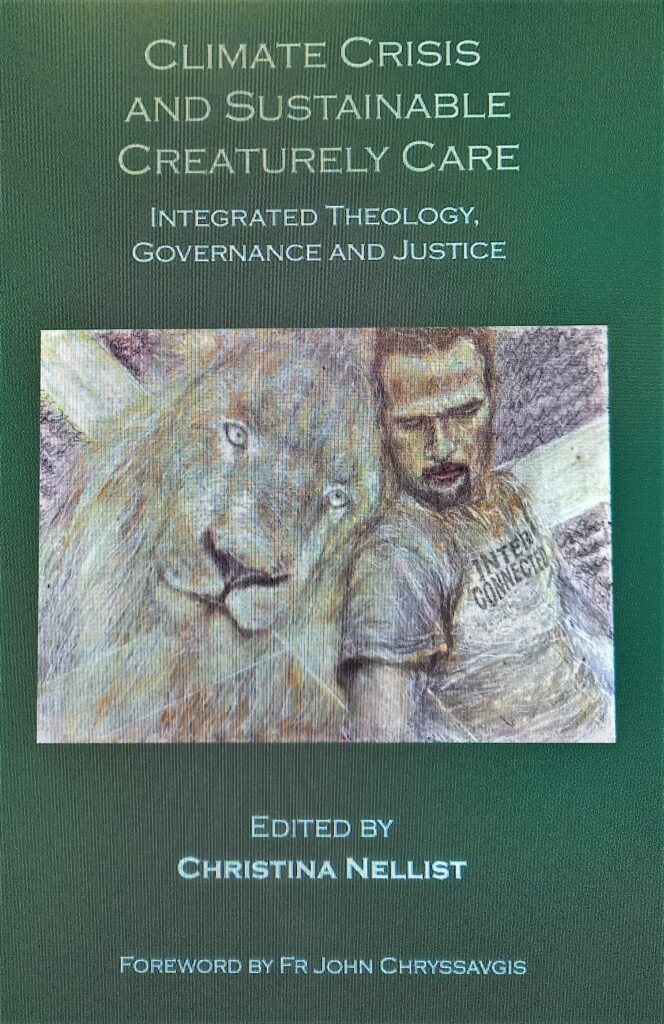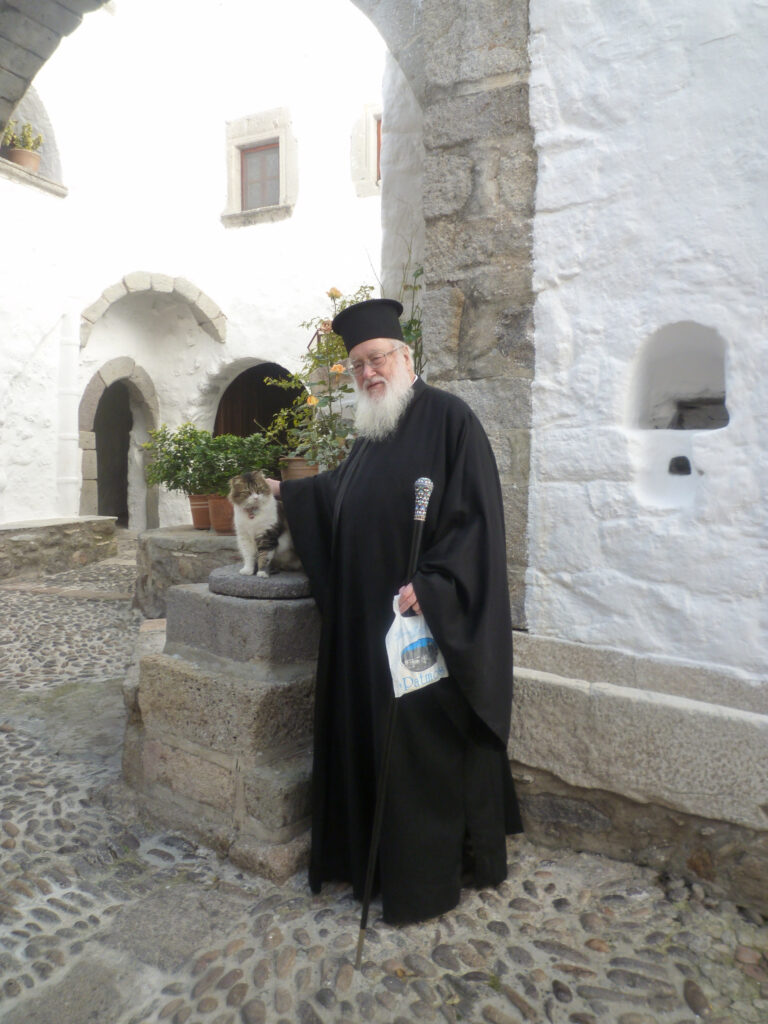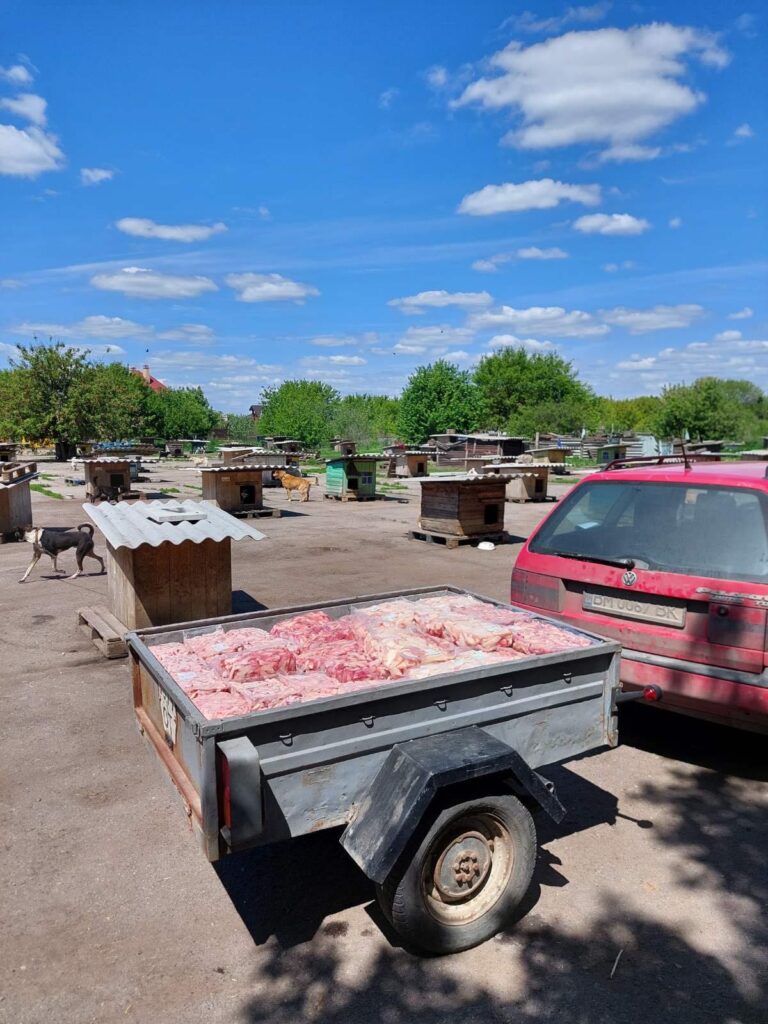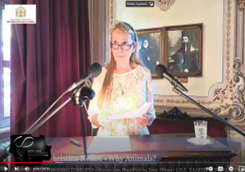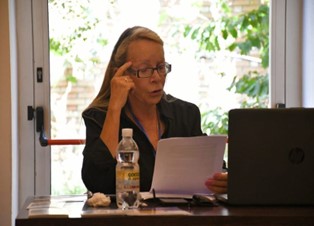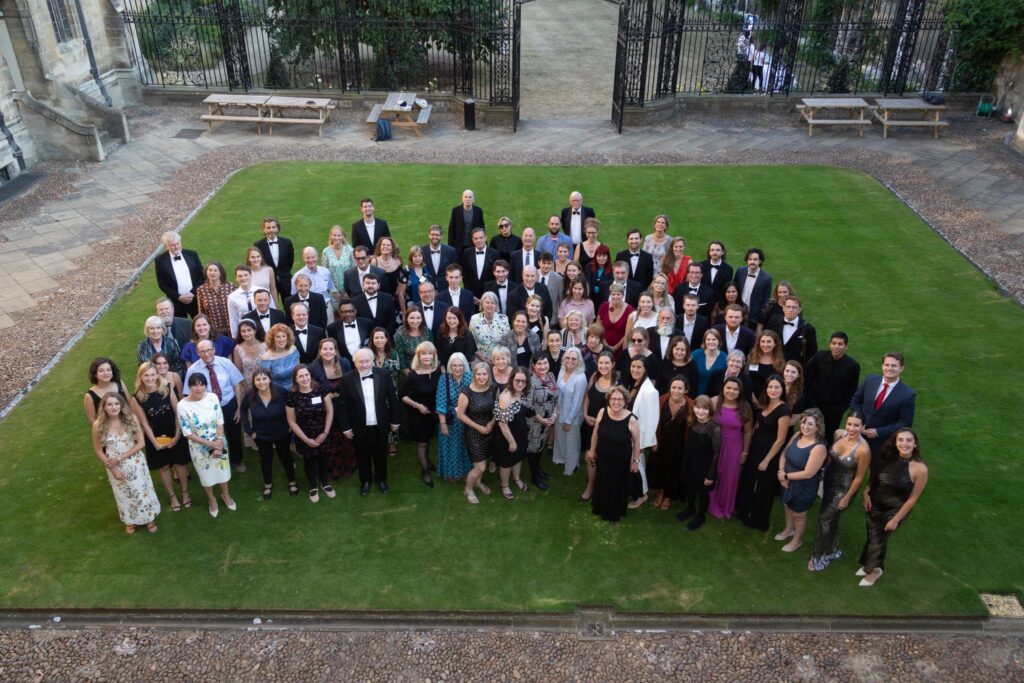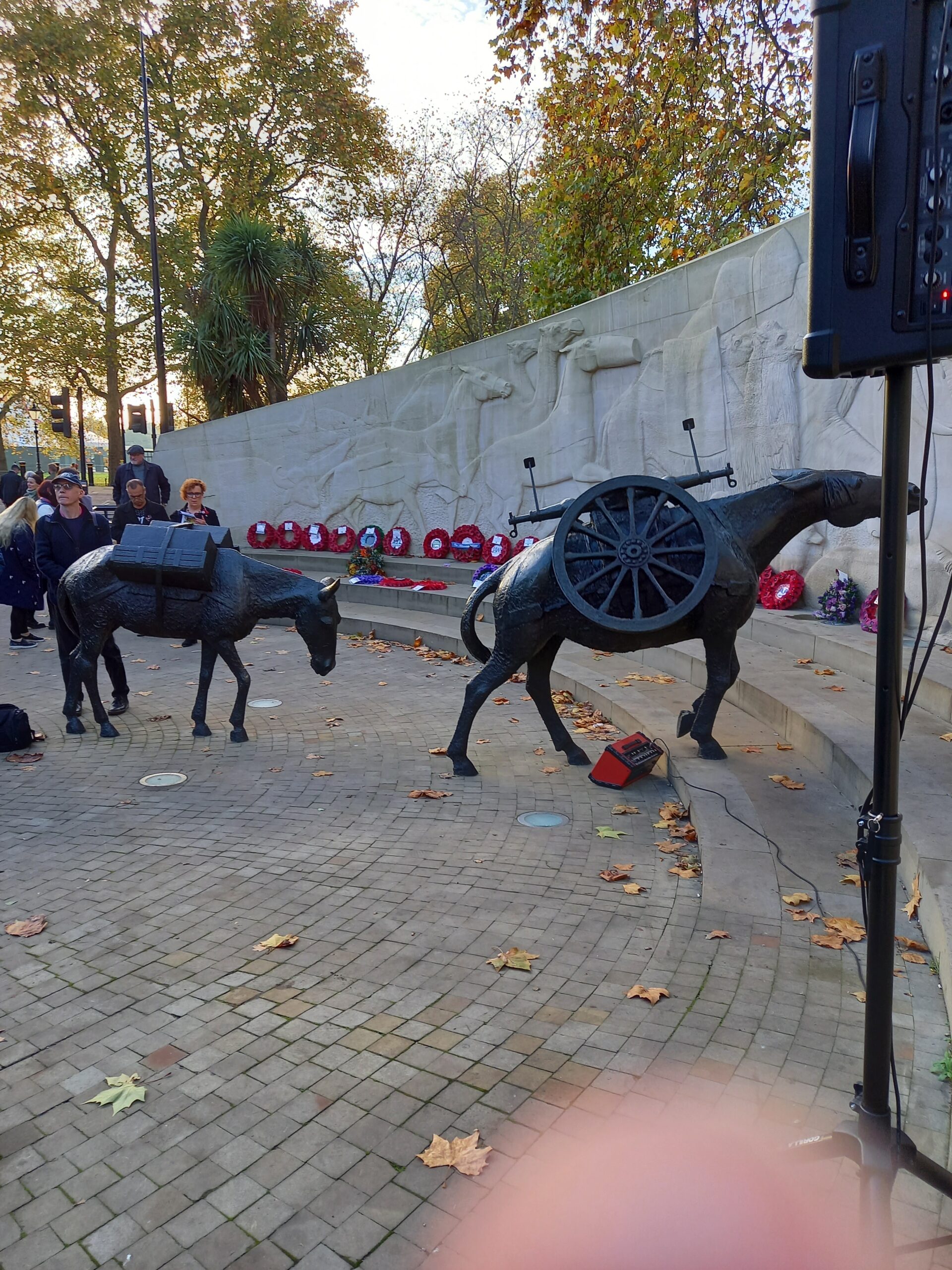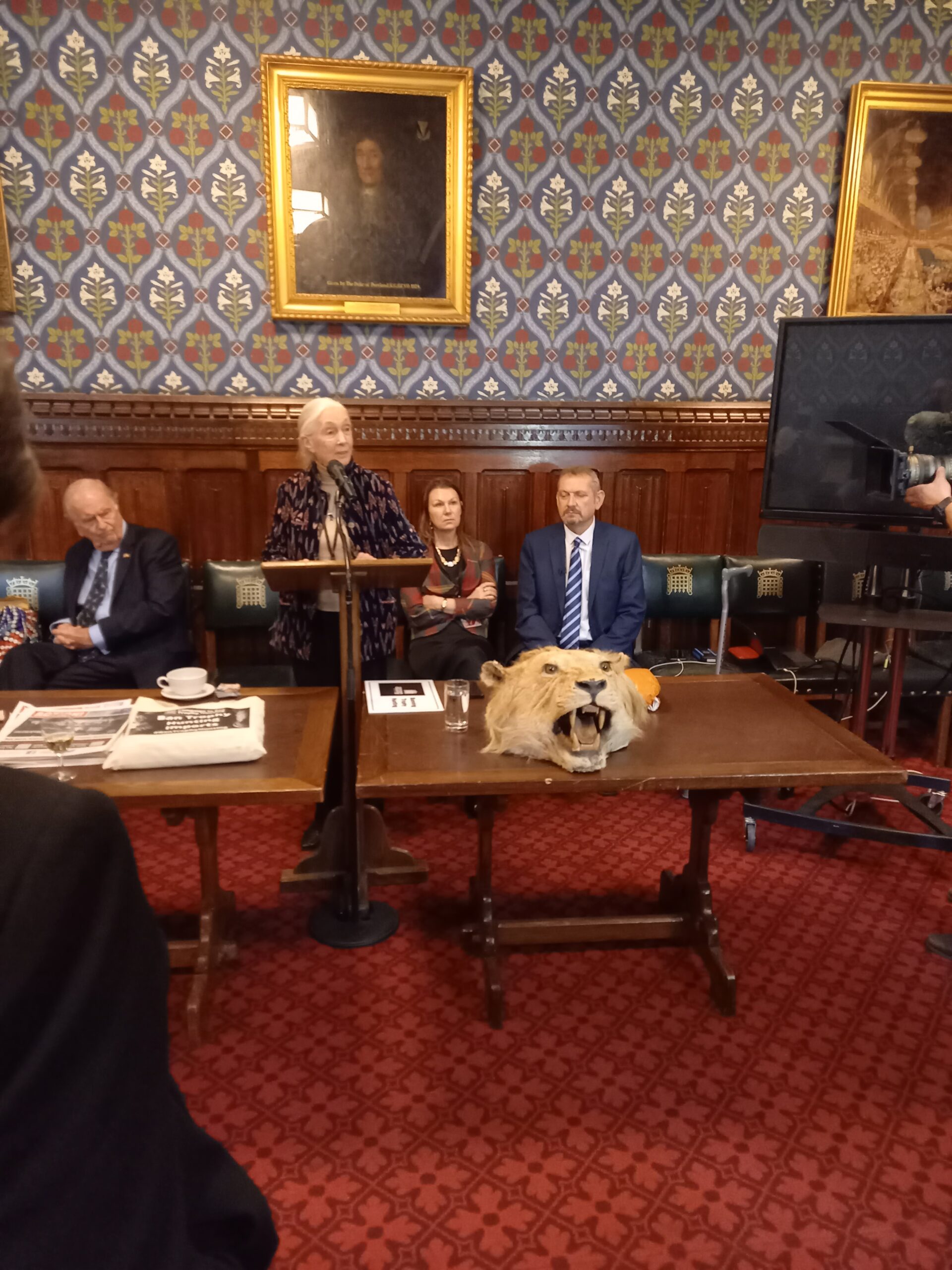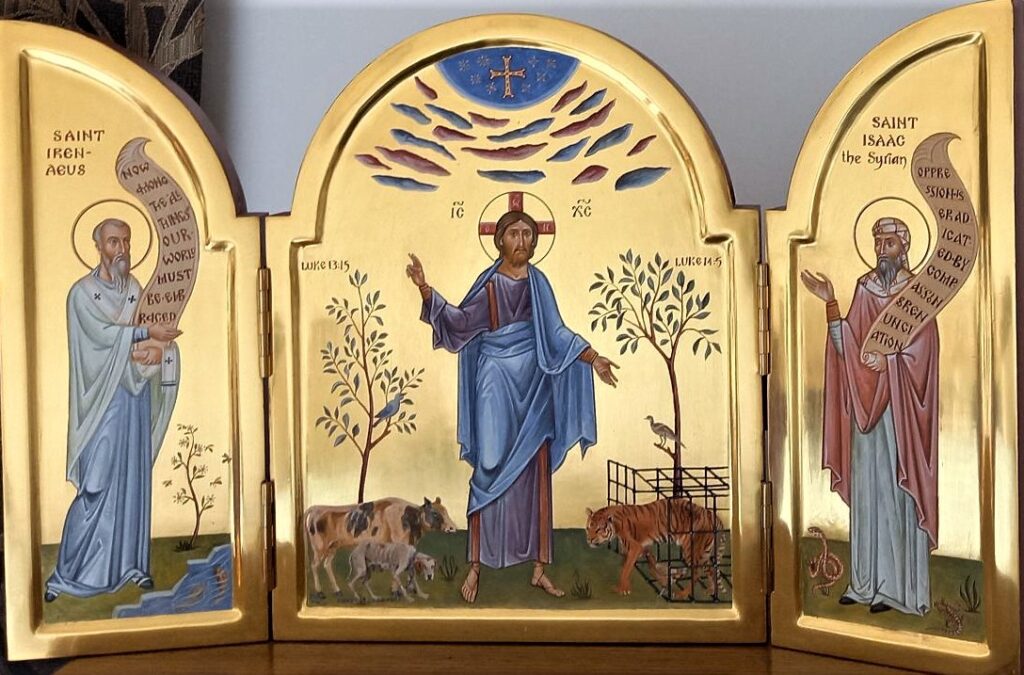Climate change is already a harsh reality with global dimensions
July 8, 2024
Ecumenical Patriarch Bartholomew emphasized the necessity for unified
global efforts “regardless of geopolitical interests and other considerations” in a
video message screened last night at the Nisyros Dialogues. The event was
organized by the Georgios M. Mihalos Foundation and held under the auspices of
the President of the Hellenic Republic, Katerina Sakellaropoulou, and the Patriarch
himself.
Climate change is already a harsh reality with global dimensions and
implications, not a future scenario, the Ecumenical Patriarch emphasized,
highlighting the urgent need for immediate action.
Bartholomew stated that while taking small steps is important, it is
insufficient to address what may be the greatest threat to life on our planet.
He emphasized the urgency of effectively tackling the root causes of the crisis, not
just its effects. A transition from a focus on having to a focus on being is required
The Ecumenical Patriarch highlighted the spiritual and moral roots of the
ecological crisis and social problems. He noted that a significant aspect of this crisis
is that “humans, although aware of the consequences of their choices, continue to act
as if they did not know.” He stressed that “in the face of the ecological crisis,
humans mistakenly hope that nature will somehow overcome the ongoing
human-caused destruction and regenerate itself on its own.”
After acknowledging the presence of healthy reactions and promising
developments, including notable civil society initiatives, dynamic ecological
movements, scientific breakthroughs, political decisions made for the common
good, efforts to respect human dignity and the integrity of creation, and
advancements in environmental education, he highlighted the necessary changes that
must be made.
Beyond all this, the Ecumenical Patriarch emphasized that “a radical shift in
mindset and a fundamental reversal are required—a transition from a focus on
having to a focus on being, to an eco-friendly culture and to a culture of
solidarity.” The Ecumenical Patriarch stressed that spiritual forces, such as the major
religions, can and should contribute to these changes by harnessing their ecological,
social, and peace-building potential.
This article is an extract from The Orthodox TIMES
https://orthodoxtimes.com/ecumenical-patriarch-climate-change-is-already-a-harsh-reality-with-global-dimensions/

